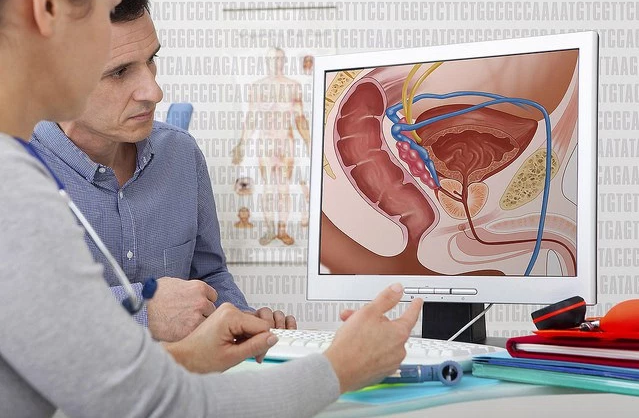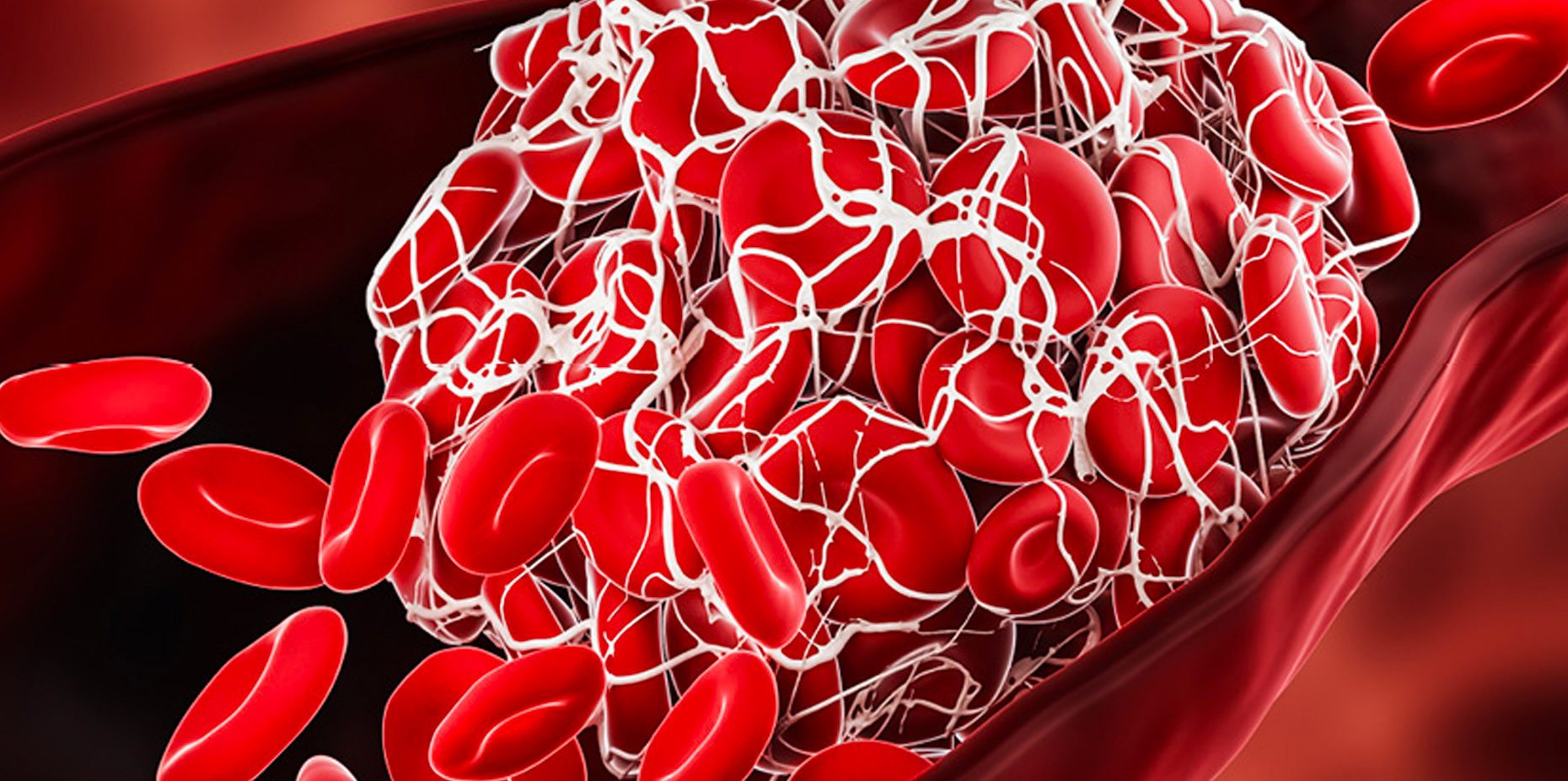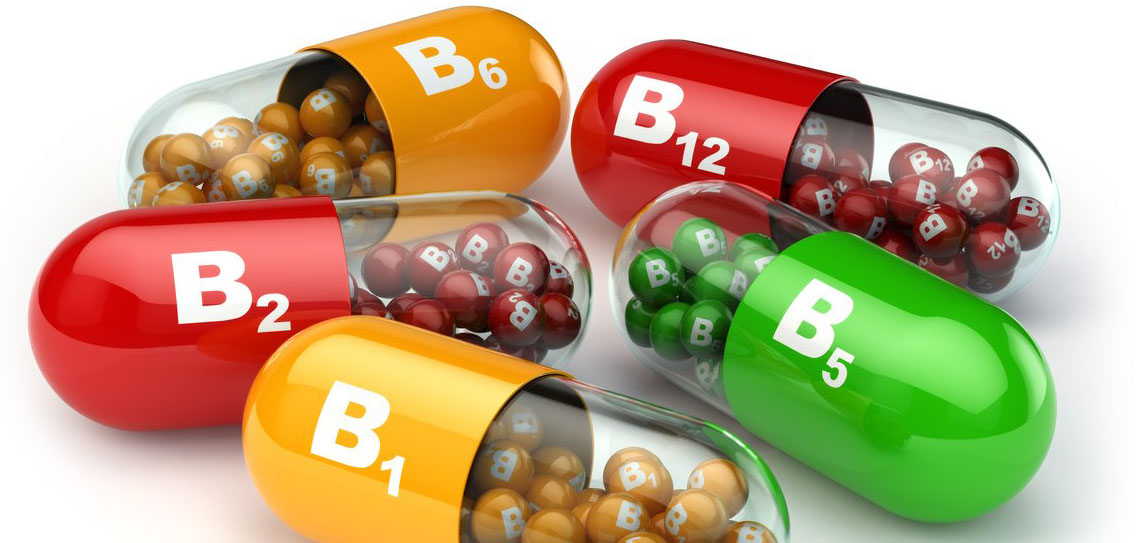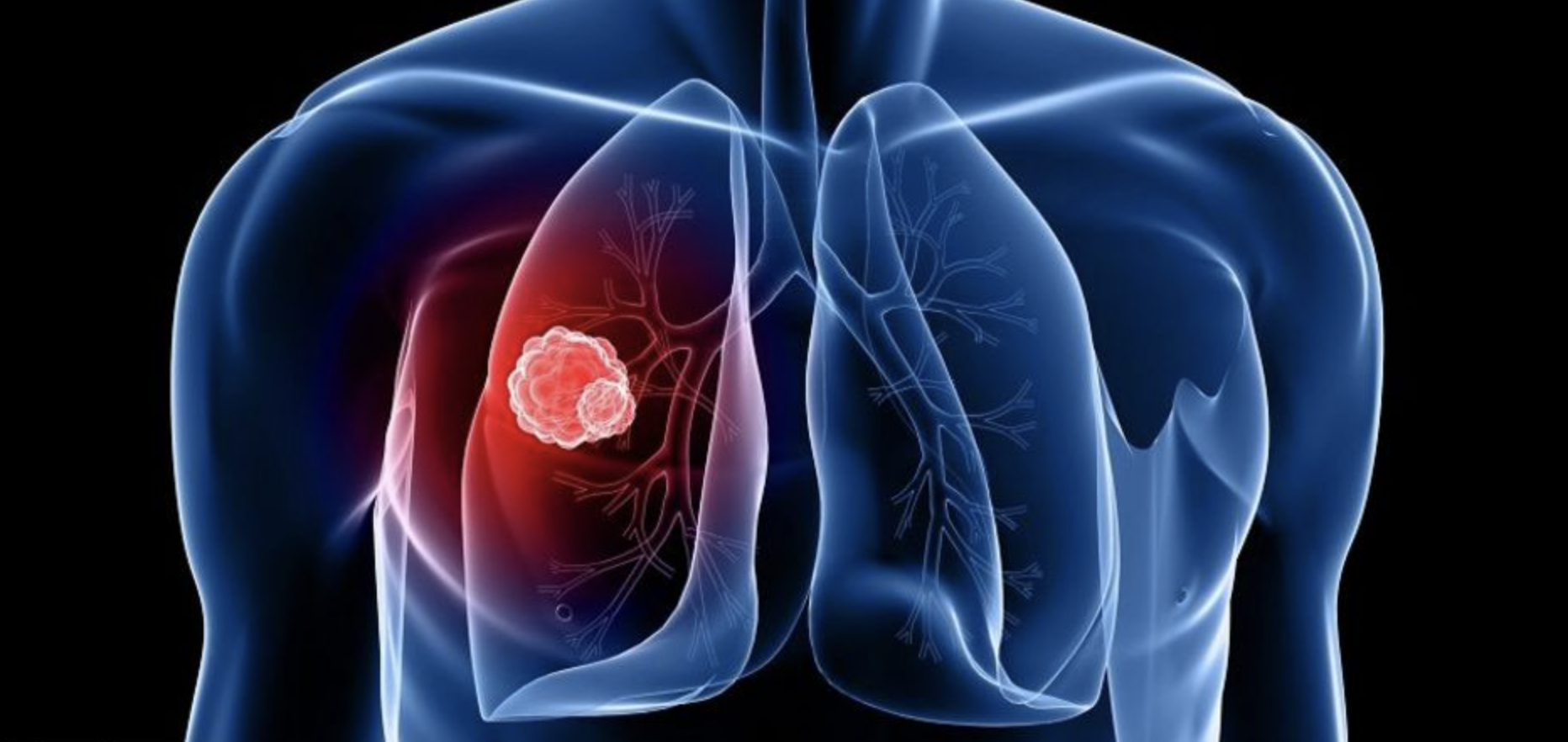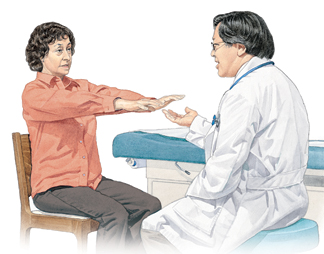Nearly three million men in the United States deal with erectile dysfunction every year. That means that around 30 million men in the United States have ED. (1) Around 150 million men worldwide have erectile dysfunction as well. And that number is expected to double by 2025. (2) Erectile dysfunction is the most common in men 58 years or older, but it can also happen in younger men. The next most common age group is from ages 40 to 69 years old.
Table of Contents
What is Erectile dysfunction?
Erectile dysfunction (ED) is a complex and common condition where a person with a penis is unable to maintain an erection enough to perform sexual intercourse. If someone suffers from ED, they cannot get an erection, or keep one, or they may have a loss of sexual desire.
Erectile dysfunction, also known as ED or impotence, is complex because it may involve many different areas and analyses. It can involve the central nervous system as well as the peripheral and vascular nervous systems. That means many areas of the body are affected or causal factors. These can include the brain, hormones, emotions, nerves, muscles, and blood vessels, and even just one or all of these. It can even often be missed in neurological disorders, although it is highly treatable. (3) (4) (5)
At times, an inability to have an erection is not typically a concern, but if it disrupts your life regularly, it may be time to seek treatment from a doctor. You can look into your options for erectile dysfunction, which can range from many alternatives to more traditional medications and even assistance with emotional wellbeing.
Men more likely to develop ED typically consist of older men, those with certain medical conditions, those who are obese or overweight, or those who use tobacco regularly. There are many other risk factors and causes that can contribute to developing ED as well.
Problems maintaining or getting an erection can also be a sign that you may have an underlying condition you may be unaware of. Be sure to speak with your doctor if you are experiencing erectile dysfunction, and they can help you find the best treatment plan for you.
There are many complexities when it comes to learning and understanding erectile dysfunction. Read on to learn more about what causes ED, symptoms, treatment, complications, and more.
Who is More Likely to Develop Erectile Dysfunction?
There are some commonalities when it comes to developing impotence or ED. Here is a list of the most commonly affected men.
- Men ages 58 and up (although 40 to 69 is becoming more common, as well as younger men) (6)
- Have diseases or conditions such as heart disease or diabetes to name a few
- Take certain medications that can cause ED as a side effect
- Have emotional trauma issues or psychological issues
- Men who smoke tobacco (7)
- Have other health-related risk factors such as for overweight or obese (8)
Continue to learn more about all of the causes and potential risk factors of this condition.
Causes and Risk Factors
Erectile dysfunction can stem from the nervous system, vascular system, or even the endocrine system. Because of that and many other factors, it is a complex topic. Aging does not cause impotence, although it is usually more common in older men. Doctors can treat ED at any age, as there is some evidence it is increasing in younger healthy men as well.
Other Conditions
Some many diseases and conditions can lead to erectile dysfunction, but that doesn’t mean it will definitely happen with these issues. The most common diseases and conditions that can lead to ED include:
- Heart disease, atherosclerosis, or heart and blood vessel disease
- Chronic kidney disease
- Type 2 diabetes (Men with diabetes are two to three times more likely to develop ED than those who do not) (9)
- Multiple sclerosis
- High blood pressure
- Peyronie’s disease
- Surgery for bladder cancer
- Injury to the prostate, bladder, pelvis, spinal cord, or penis
- Radiation from prostate cancer and/or prostate surgery
- Metabolic syndrome
- Parkinson’s disease
- Sleep disorders
- Low testosterone
- Alcoholism
There are many other potential risk factors or causes of ED that are not related to the diseases and conditions above, too. Other common areas that can be a huge risk are lifestyle and health-related behaviors. Some lifestyle and health-related behaviors that can increase the risk of impotence include being overweight (especially obese), drinking alcohol in excess, smoking, not being physically active, or illegal drug use.
Obesity is a single independent risk factor for developing ED. Obesity also increases the risk of developing many of the chronic conditions and diseases listed above that can increase the risk as well.
Smoking tobacco is another serious independent risk factor for ED. Cigarette smoking is a leading cause of death that is entirely preventable. Smoking tobacco is not only associated with lung cancer and coronary artery disease but even erectile dysfunction. Smoking causes damage to blood vessels, which prevents elastic dilation. It also alters the elastin of the non-cellular component present within all tissues and organs (the extracellular matrix). Furthermore, it brings out calcification of the fibers that produce arterial stiffness. Having a long history of smoking can also present as a silent vascular event that doesn’t appear right away. Although smoking largely affects developing ED, not all damage may be permanent for everyone.
There is some evidence that ED can be reversed if smoking stops around middle age. Men below the age of 50 may have a better chance at reversing erectile dysfunction when they stop smoking around that age. Since more than half of men over 40 will experience ED at some point, smokers are at an even higher risk. That is because smoking worsens with smoking due to vascular mechanisms (a depletion of nitric oxide). (10)
Physical Causes of Erectile Dysfunction
Along with the many medical conditions and diseases that can contribute to ED, some physical causes may come up, sometimes in combination with the diseases and conditions listed above. These physical causes can include:
- The penis cannot trap blood during an erection: This can happen at any age, and it does not necessarily mean you have underlying issues. If there is no blood flow to the penis, an erection cannot be maintained.
- Reduced blood flow: Many health issues can reduce the blood flow to the penis. These can include diabetes, heart disease, diabetes, and more.
- Nerve issues: If nerve signals do not reach the penis from the brain or spinal cord, ED will happen (That most likely happens after a disease, injury, or surgery).
Many behavioral issues can affect developing ED. These can happen at any age, with or without underlying medical diseases or conditions.
Medication or Emotional Behavior Causes
Other possible correlations to ED include mental health issues and certain medications. Medications are another area to look into if you are experiencing impotence. Certain medications may increase the risk of developing erectile dysfunction. Some of the medications are used to treat some of the chronic conditions listed above as well. The most common medications that can increase the risk include blood pressure medications, such as statins, antidepressants, prescription sedatives like a tranquilizer, antiandrogens (a medicine used for prostate cancer therapy), (11) ulcer medications, antihistamines, (12) painkillers, (13) and appetite suppressant medications. Many other medications can also cause ED, so always be sure to check with your doctor if you believe your medication may be causing impotence.
Psychological or emotional distress may also be another cause of developing impotence. These can also make ED worse. It is possible to develop ED if you are healthy and have any of these symptoms. Anxiety, depression, fear of sexual failure, low self-esteem, guilt about sexual performance or activities, and stress are common emotional behaviors associated with impotence. The stress may be around anything in life from a general perspective or it could be stress from sexual performance. Chronic stress is a serious risk factor for many disorders and diseases, and it can be just as harmful as other poor lifestyle habits. Be sure to find healthy ways to manage stress to stay well.
Symptoms
Developing ED can often be a hint that you may have another underlying health condition. Symptoms of impotence include:
- Being able to get an erection at times, but not every time you want to have sexual intercourse
- The inability to get an erection at any time
- Being able to get an erection, but not lasting long enough to have sexual intercourse
- Reduced sexual desire overall
Symptoms of erectile dysfunction can range as you can see. It does not always mean the inability to get an erection overall. Always be sure to speak to your doctor if you are experiencing any uncomfortable symptoms above regularly. Remember that it is normal to experience an inability to perform at times due to stress at work, home, or even just a change in a life event.
Complications
As with any condition, problem, or disease, there may be some form of complications that come up with erectile dysfunction. These most commonly include depression, anxiety, and low self-esteem. All three of these complications can create a pattern of poor health cycles. Other complications can include the inability to get a partner pregnant, a loss of intimacy between partners (can cause a strained relationship), an unfulfilled relationship, or embarrassment.
It is essential to make sure you do not have any underlying health issues if you are experiencing erectile dysfunction often. The most troublesome complication arises when you do not treat ED and find out you have an underlying health condition that may cause many health issues later on. That can include type 2 diabetes, heart disease, high blood pressure, kidney disease, and much more.
Treatment and Prevention
Treatment for erectile dysfunction range from traditional prescription medication, devices for assistance, lifestyle changes, as well as alternative treatment options, and much more. Typically, your doctor will evaluate your current medications to make sure you are not experiencing ED from medication side effects or that they are not worsening ED.
Your doctor will then get into potential risks, side effects, and benefits of treatment options so you can decide what works best for you and even your partner. Underlying health conditions will also need to be evaluated to make sure the treatment chosen does not make anything worse for your health.
Medical Treatment Options
Oral medications are one of the most common ways to treat erectile dysfunction. One of the most popular medications is Sildenafil or Viagra. Other oral medications include Adcirca, Cialis, Stendra, Levitra, or Staxyn. The body produces nitric oxide naturally, and these drugs naturally enhance that process. Within that process, the muscles in the penis relax, forming an erection. They also increase blood flow, allowing for an erection to last throughout sexual intercourse. Sexual stimulation is usually required to make these oral medications work initially. That helps to release nitric oxide from the nerves in the penis. These medications are not required or needed by anyone who can get an erection on their own.
As common as these medications are, they vary depending on the dosages and side effects. Some men will have no side effects from oral medications, but potential side effects may include nausea, headache, backache, nasal congestion, flushing, and vision changes. Medications like these may be less effective for those with health conditions such as prostate surgery or diabetes.
Always consult your doctor if you are thinking about starting a new oral medication whether that is an herbal remedy, a supplement, or an oral medication like the ones listed above. There may be an extra danger to taking oral medication if you suffer from heart disease, hypertension, or take nitrate drugs.
Some other medications that may sometimes be used to treat ED include Testosterone replacement, Alprostadil self-injection, and Alprostadil urethral suppository. Beyond oral medications and injections, there are a few other common treatment options as well. These include penis pumps, surgery, or penile implants. Your doctor may recommend these if medications are not effective or appropriate for you.
Exercise and lifestyle habits are other areas your doctor may address with you. Moderate to intense aerobic exercise may improve cases of erectile dysfunction. There may even be some evidence that moderate exercise may reduce the chances of developing ED. If you are starting an exercise routine for the first time, be sure to speak with your doctor about an appropriate plan.
Since impotence can sometimes be because of psychological issues, counseling may be an effective solution for some as well. If you anticipate that stress, anxiety, or depression is affecting your situation, a doctor may recommend you see a psychologist or counseling to help address and manage stressors.
Alternative Treatment Options
Many herbal remedies may work for some, but always remember to consult with your doctor before trying an herbal therapy or medication of any kind. Couples therapy may be another solution your doctor may recommend. Some herbal remedies may interact with prescription medication, so you want to cover all your bases.
Some herbal remedies that others benefit from include a Chinese herb called Horny goat weed (epimedium), Ginkgo biloba, an essential amino acid called L-arginine, red ginseng, Yohimbine, and in some cases Ashwagandha. More research is necessary to support some herbs in helping with erectile dysfunction.
Like any medication, herbal remedies can be just as potent and may have interactions with other medications you regularly take. Always consult with your doctor if you are unsure.
Conclusion
Erectile dysfunction is a common occurrence, especially in men over the age of 50. However, ages can range from 40-70, and more younger men are developing ED in the last several years. Erectile dysfunction is also known as impotence, and it is an extremely complex issue. That is because the causes, symptoms, and risk factors range far and wide. Erectile dysfunction affects the nervous system, the vascular system, and it can even potentially affect the endocrine system. Between hormones, sleep, emotions, nerves, muscles, blood vessels, and more, there are many factors to consider.
Everyone is different in what causes their impotence because it is such a complex issue affecting millions worldwide. Nearly 30 million men have erectile dysfunction in the United States. Symptoms of ED can range beyond not being able to retain an erection at all. There are many treatment options available for those who experience impotence, from alternatives to medications that help many men. There are many physical as well as emotional causes that can cause men to become incompetent.
There are certain significant independent risk factors that affect many who develop ED. Those can include obesity, smoking, and many chronic common health conditions. If you experience any symptoms related to erectile dysfunction, reach out to a trusted medical professional for assistance. Always be sure to speak with your doctor or healthcare professional to help determine the best treatment option for you. Everyone is different, so while one medication will work for some, others may require a different treatment.





